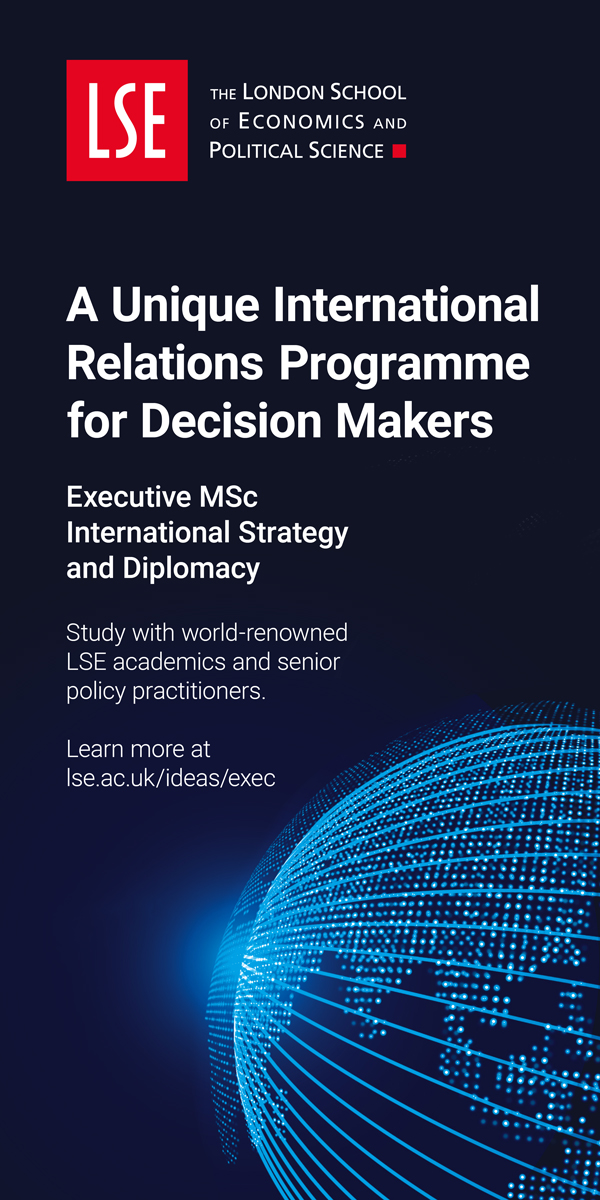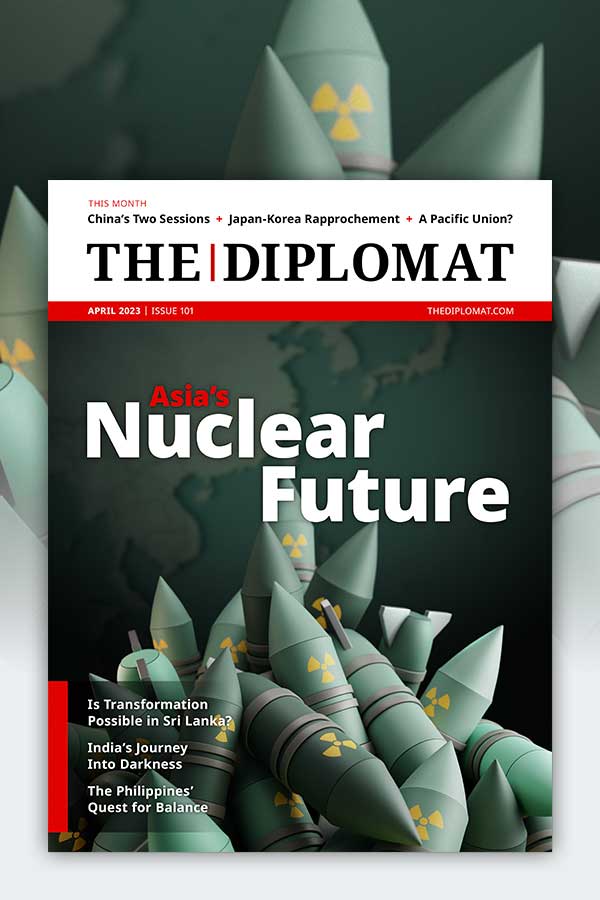| Welcome to the latest issue of Diplomat Brief. This week our top story takes us to Nepal’s indigenous communities, struggling to survive on the frontline of climate change. We also have an interview with former U.S. diplomat, Scot Marciel, now with the Shorenstein Asia-Pacific Research Center at Stanford University on U.S. relations with Southeast Asia. |
| Story of the week |  | Environment Glacial Melt is Dispossessing Nepal’s Indigenous CommunitiesWhat Happened: Shrinking glaciers in Nepal are forcing residents to flee, leaving a scattering of ghost towns across the country’s unforgiving north. There’s Dhye, downstream from a glacier known as Fuchhme, once home to two dozen households, where only six families remain; and Samzong, which appears all but deserted. Streams that once fed these villages have dried up, and their people forced to migrate to urban centers for work and water. Our Focus: While some choose to stay in the old villages, others have migrated downstream and tried to establish new villages in better pastures. But often these new villages lack recognition from the government and their indigenous inhabitants lack not just stability but are unable to access government services. Pasang Dolma Sherpa, the executive director of the Center for Indigenous Research and Development, says “There is a lack of proper compensation or recognition when they are affected by climate crises… The root of the problem lies in the fact that many vulnerable communities do not possess land certificates.” What Comes Next: In the context of climate change, Nepal has two important policy documents: the National Adaptation Plan (NAP) and the Nationally Determined Contributions (NDC). But Raju Pandit Chhetri, a member of the climate change council of Nepal and executive director of an NGO that works with climate change policy and research, says that, “Our overall climate policies look promising on paper, but the implementation on the ground is minimal and they often do not extend to frontier regions where many indigenous communities reside.” Read this story |
| Behind the News | INTERVIEW Scot MarcielAmbassador Scot Marciel, whose 35-year diplomatic career included serving as the first U.S. ambassador to ASEAN, details the need for developing nuanced relationships in Southeast Asia that are not exclusively about countering China: “Southeast Asians are fully aware of the benefits and costs of their relationships with China. They don’t need the United States to ‘educate’ them, and U.S. officials should trust that they have agency in protecting their independence and sovereignty.” Read the interview |
| This Week in Asia | Northeast Asia Tsai Ing-wen’s US TripFollowing a tour of Taiwan’s Central American allies, President Tsai Ing-wen is set to stop over in Los Angeles on April 5, on her way back to Taiwan. In California, she is widely expected to meet with U.S. House Speaker Kevin McCarthy. While the meeting was supposed to forestall a McCarthy trip to Taiwan – thus representing a de-escalatory gesture from Tsai – China has promised to retaliate. Nancy Pelosi’s 2022 trip to Taiwan sparked over a week of military maneuvers around Taiwan. How will Beijing respond to a Tsai-McCarthy meeting? Find out more | South Asia Can India Revive Its Quest for NSG Membership?New Delhi’s quest for membership in the Nuclear Suppliers Group (NSG) lost momentum after 2018, in no small part due to Chinese opposition. While significant hurdles remain, including uncertainty within the NSG about whether and how to admit states that sit outside the Nuclear Non-Proliferation Treaty (NPT), India’s G-20 presidency presents an opportunity to revive efforts to further New Delhi’s bid. Find out more | Southeast Asia Malaysia’s Parliament Scraps Mandatory Death PenaltyMalaysia’s Parliament this week approved a bill ending the mandatory use of the death penalty and limiting capital punishment to the most serious crimes. Under the new rules passed on April 3, capital punishment will remain but judges will be granted the discretion to impose prison sentences of between 30 and 40 years in place of the death penalty. While the move falls short of anti-death penalty campaigners’ calls for full abolition, it represents a rare sign of progress in a region where the use of the death penalty remains widespread. It also offers a possible route to clemency for the more than 1,318 people, most of them convicted drug traffickers, currently on death row in Malaysia. Find out more | Central Asia Campaign Against “Culture of Violence” in Tashkent MetroIn Tashkent’s iconic metro, a civil society group and a government foundation have partnered to spread the message that violence against women is not innate to Uzbek culture. Featuring designs which represent the literal pleas of Uzbek women in colorful patterns, the posters went up in conjunction with the passage of a law criminalizing domestic violence for the first time. The message – “Violence is foreign to our culture” – is aspirational at best, as it sets aside the very real cultural underpinnings of violence against women in the country. Find out more |
| Visualizing APAC |  | Sitting days in the Lok Sabha, India’s lower house, have reduced from an annual average of 121 days during 1952-70 to 68 days since 2000. In 2022, the Parliament sat for only 56 days. See the full picture |
| Word of the Week | Society SovchilikSovchilik, Uzbek for “matchmaking,” is an old tradition in Central Asia. The elderly, usually parents or aunts, visit a potential bride’s house and discuss with her parents if she’s a good fit for their son. With the rise of the internet, sovchilik has moved online, too. Find out more |
|  |




